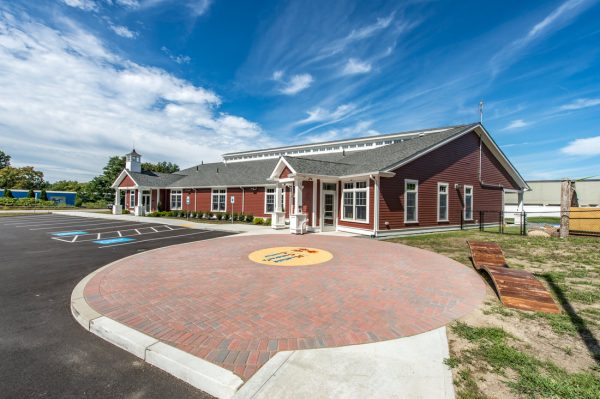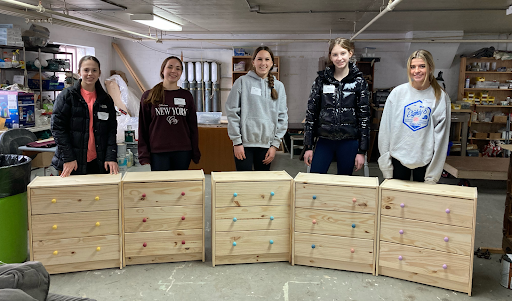Personal Reflections on Breast Cancer Awareness Month

“You have cancer” — the words nobody wants to hear, but my aunt did. On her 30th birthday, she discovered a lump and luckily, realized what it could be and got help for herself. A few weeks after her appointment, her tissue biopsy results were back. It was cancer. She faced a double mastectomy to remove any cancer or precancerous tissue and then six weeks of rigorous chemo that wreaked havoc on her body. Luckily, she has an amazing support network of family and friends who sat with her, distracted her, and shared countless smoothies with her. Now, she recently finished chemo and is preparing to undergo reconstructive surgery.
246,660. According to the American Cancer Society, that is the number of women who will be diagnosed with breast cancer just in 2016 and in the USA alone. It’s important to remember that breast cancer does not only affect women; it can affect men too. While more people are surviving, all too many do not.
You probably won’t detect the presence of any kind of cancer, let alone breast cancer without the help of a professional, and it can drastically change your life—even if you don’t want it to. The National Cancer Institute helps us all to better understand what cancer screening is, and the benefits of having regular screenings:“Screening is looking for cancer before a person has any symptoms. This can help find cancer at an early stage. When abnormal tissue or cancer is found early, it may be easier to treat. By the time symptoms appear, cancer may have begun to spread.”
Normally, the cancer presents itself as a small “lump” in the middle of seemingly normal tissue. If suspicions arise, the patient should make an appointment with a professional to confirm his or her suspicions, and a scan will be performed to diagnose the cancer. Then, physicians and the patient will determine the best course of treatment. The options include, but are not limited to, a combination of one or more of three traditional treatment options: surgery, chemotherapy or radiation.
After the diagnosis is made, patients should share information with close friends and family to help create a support system. Having the support of loved ones is essential to a successful treatment and recovery. Whether it’s simply giving them what they ask for or want, driving them places or simply just sitting with them during treatment sessions, it always helps to have a person or a network of people who are eager and ready to support you. Knowing that people are there for you, willing to help you and wanting to be around you is a wonderful feeling, especially when their help is needed and wanted the most.
Even if you aren’t directly involved with someone with breast cancer, there are many ways that you can help to support the research and curing of breast cancer, especially during October which is breast cancer awareness month. Positively Pink is an organization that provides care packages and support to newly diagnosed breast cancer patients. Also, many races, walks, and journeys have been created to help support funding of cancer research and to assist patients who are in need of financial assistance with funding their treatment. Love, support and happiness have such an incredibly positive impact on everyone’s life at any time.














